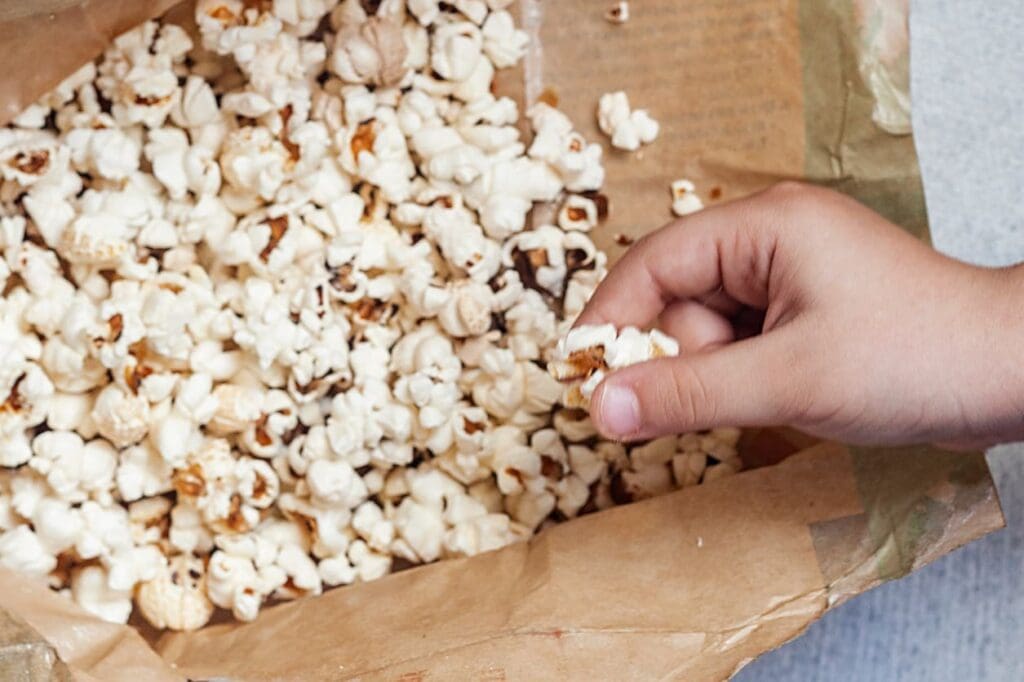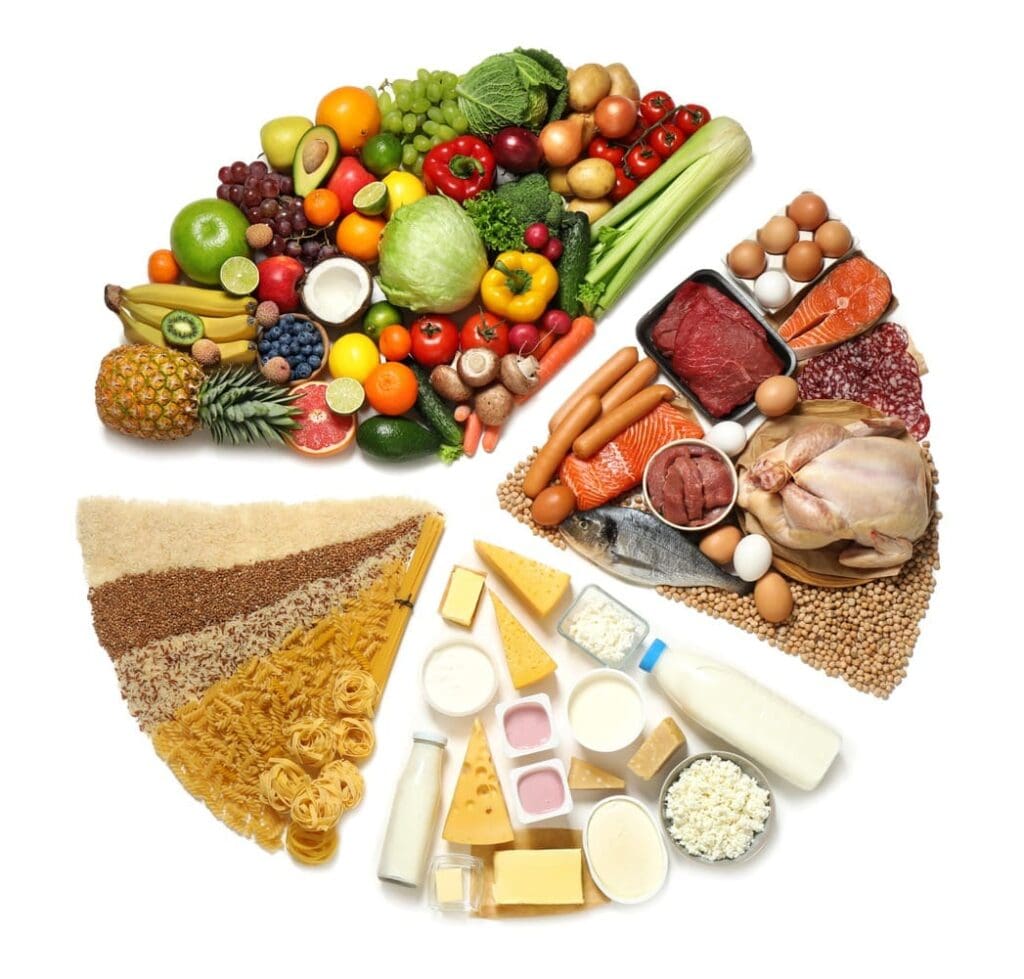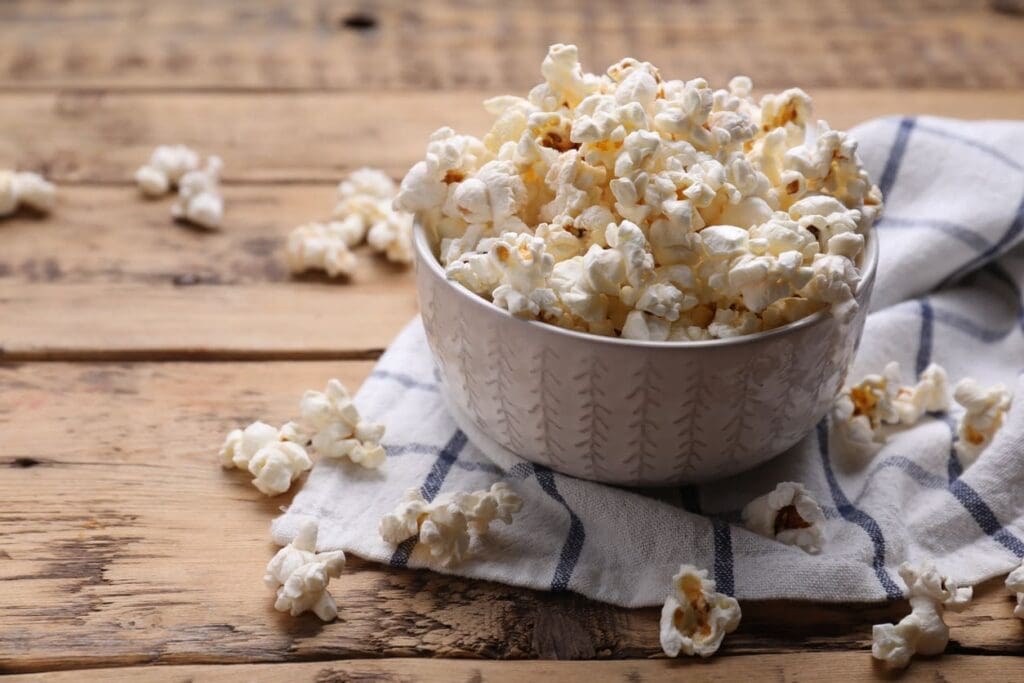
When it comes to finding low-calorie snacks that are satisfying and tasty, few foods generate as much curiosity as popcorn. Popcorn is a classic snack that has stood the test of time for its simplicity and satisfaction. But is popcorn really a smart choice if you’re aiming to lose weight and shed pounds? The answer is yes—when prepared the right way, popcorn can be one of the best diet foods for people who want a crunchy, filling option without all the extra calories.
At Doudlah Farms, we believe snacking should be both healthy and enjoyable, and organic popcorn offers the perfect balance.
Popcorn is naturally high in fiber and low in calories, making it an ideal food for healthy munching. It is also a good source of both fiber and essential nutrients. A single cup of air-popped popcorn has only about 30 calories, yet its volume makes you feel fuller compared to other snack foods. That’s why many nutrition experts recommend popcorn for weight loss—it gives you the satisfaction of eating a full bowl without overloading on fat or sugar. Popcorn is a great snack for those looking to manage their weight. Eat popcorn as part of your healthy snacking routine to help curb hunger and support your nutrition goals.
Even better, popcorn is a 100% whole grain, which means it contains all parts of the kernel—bran, germ, and endosperm. These whole grain benefits go beyond weight management, supporting digestion, heart health, and long-lasting energy. Popcorn provides both protein and fiber, which helps promote satiety and supports digestive health. High fiber diets that include popcorn and other whole grains can support weight management and improve overall health.
For a balanced, nutrient-rich snack, try pairing popcorn with a serving of fruit.

Building a healthy diet starts with understanding the different food groups and how they work together to support your overall health and weight loss goals. Each food group brings unique nutrients to the table, and including a variety of them in your meals can help you get the vitamins, minerals, and energy your body needs.
Whole grains are a cornerstone of a balanced diet. Foods like brown rice, whole grain breads, and whole grain breakfast cereals are packed with fiber, which helps keep you full and supports digestive health. Choosing more whole grains over refined grains—like white rice or breads with the bran removed—can lower your risk of heart disease and colorectal cancer, and help you maintain a healthy weight.
Dairy foods such as cottage cheese, Greek yogurt, and skimmed milk are excellent sources of protein, calcium, and other essential vitamins and minerals. Opting for low-fat or nonfat dairy options can help you get these nutrients without excess saturated fat, supporting both bone health and heart health.
Proteins are vital for building and repairing muscles, and they can help you feel satisfied between meals. Lean meats, fish, eggs, legumes, and plant-based proteins like nuts and seeds all offer high protein content. Including healthy fats from sources like nuts, seeds, and fatty fish (rich in omega-3 fatty acids) can further support heart health and reduce inflammation.
To keep your diet on track, it’s important to limit foods high in added sugar, refined grains, and saturated fat. These can increase your calorie count without providing many vitamins or minerals, and may raise your risk of chronic diseases.
Not all popcorn is created equal. Movie theater buckets drenched in butter or microwave bags loaded with artificial flavors don’t exactly qualify as the best diet foods. To keep popcorn in the category of low-calorie snacks, it’s important to:
For added crunch, try tossing in seeds or roasted chickpeas with your popcorn. You can also pair air-popped popcorn with a small amount of cream cheese or nut butter for extra flavor and nutrition.
By sticking to wholesome preparation methods, you’ll enjoy healthy munching without sabotaging your health goals. If you want to switch things up, trail mix is another healthy, whole-grain-based snack option to consider.

While popcorn can support weight management, it works best when paired with other whole-grain benefits in your daily meals. Whole grains like quinoa, oats, spelt, wheat berries, whole grain cereals, whole grain crackers, and whole wheat provide steady energy and essential nutrients. By mixing up your choices, you create a well-rounded foundation for long-term wellness. Including different foods from all five main food groups ensures balanced nutrition and helps you get a variety of nutrients. Eating a variety of whole grains and popcorn is associated with a lower risk of chronic diseases such as heart disease and certain cancers. Whole grains and popcorn are also good sources of vitamin B and other essential nutrients. Popcorn can be enjoyed as a snack between meals or as a light addition to a meal to help you feel satisfied until your next meal.
At Doudlah Farms, we grow and share ancient grains and organic popcorn that align with these principles—foods that aren’t just good for your body but also for the planet.
Our popcorn is grown with care using regenerative and organic practices, ensuring every kernel is free from harmful chemicals. That means when you reach for Doudlah Farms popcorn, you’re not just choosing a snack—you’re choosing integrity, sustainability, and a healthier lifestyle.
So, the next time you’re wondering about popcorn for weight loss, remember: it’s more than just a low-calorie snack. It’s a nutrient-rich, versatile food that deserves a spot among your best diet foods for smart, healthy munching.
Yes—when prepared the right way. Air-popped popcorn has only ~30 calories per cup and is naturally high in fiber, which helps you feel fuller longer without adding extra fat or sugar.
Popcorn is a 100% whole grain, meaning it contains the bran, germ, and endosperm. That makes it higher in fiber and nutrients compared to processed snacks like chips or crackers.
Stick with air-popping or light stove-top popping. Season with herbs, spices, or a pinch of sea salt instead of heavy butter, oils, or sugary toppings. This keeps it a low-calorie, nutrient-rich snack.
Movie theater buckets and processed microwave bags often contain artificial flavors, added oils, and excess sodium. These versions can turn a healthy snack into a calorie bomb.
Our popcorn is certified organic, regeneratively grown, and tested clean, meaning no synthetic chemicals or shortcuts—just pure, wholesome kernels. It’s a snack that supports both your health and the planet.